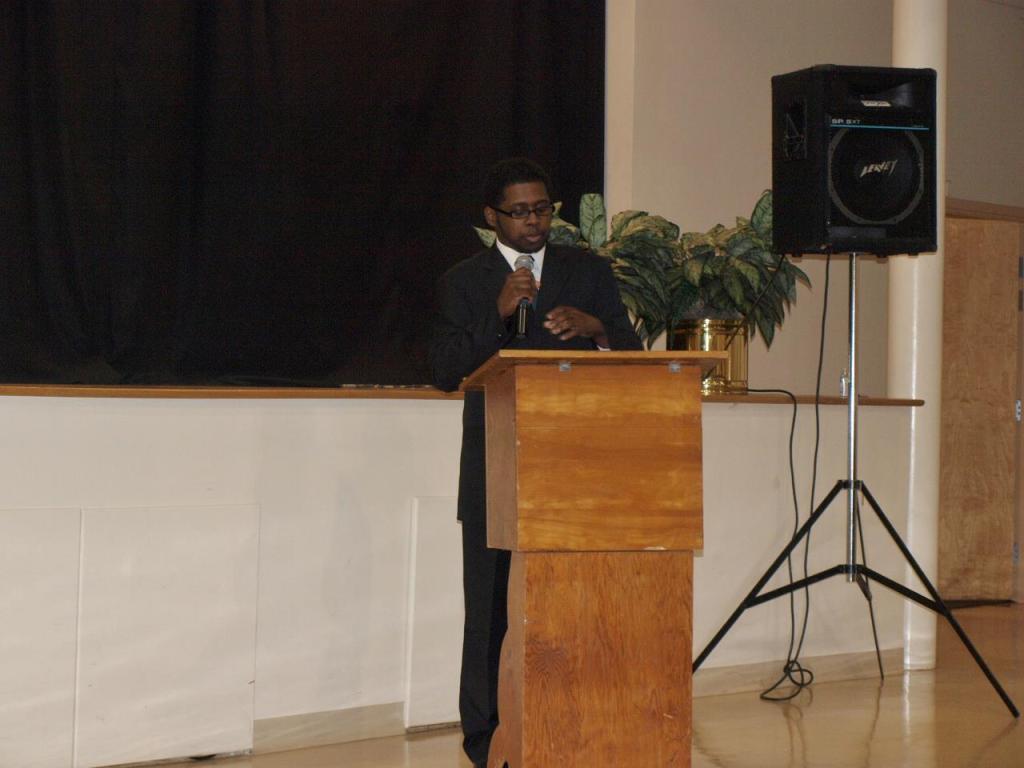Yesterday, March 27, 2021, was my 40th birthday. To live this long, I am grateful, grateful for God’s grace. Without God’s grace, I wouldn’t have made it to see my 40th birthday. This pandemic has reaffirmed how important it is to value your life, to see how precious it is, to see how much of a blessing it is.
We have a responsibility to God to steward the time He has bestowed. For 40 years, I tried to make the most of my time. Unfortunately, I haven’t been flawless in this endeavor. Why? Because I permitted other people, people unworthy of holding space with, unworthy of occupying my time, to rob me of the power of maximizing each minute, each moment. I want to acknowledge the missteps and the poor choices I’ve made regarding using my time. Why? To make change happen, one must first recognize and then analyze his or her past mistakes, mistakes that prevented optimal progress.
After ruminating about past mistakes, imprudent decisions, one must focus on life ahead of him or her. That’s what I’m determined to do. Too many of us choose to be consumed by regret and to wallow in past misfortunes. To be frank, though, if we’re going to live in the past, then we don’t really have any use for the present. By dwelling in and on the past, we’re making the same deleterious mistake of the past that haunts our present: we’re wasting our time.
Don’t waste your time. Your time is sacred; God has given it to you.
I will not waste another minute, another moment, on people and things that shouldn’t occupy my time and space. I promise myself and God that, from this day forward, I will use every minute on living, loving, learning, growing, and doing the work.
For so many of my past 40 years, I couldn’t distinguish between helping people and self-mutilation. How did I finally recognize that my “helping” of some unworthy people was self-mutilation? I finally realized and admitted that my scars and wounds bear their names.
Scars don’t magically disappear; wounds don’t magically heal. What can change immediately, however, is your relationship to those scars and wounds. You can refuse to be defined by those scars and wounds, and you can refuse to remain in those dark places where they originated.
The scars and wounds have strengthened me, and I am ready to live in the power of the possibilities available to me.
Live. Love. Learn. Laugh. Grow. Conquer.
Dr. Antonio Maurice Daniels
University of Wisconsin-Madison


















